Bollywood movie “Article 370” on Kashmir issue banned in Gulf countries
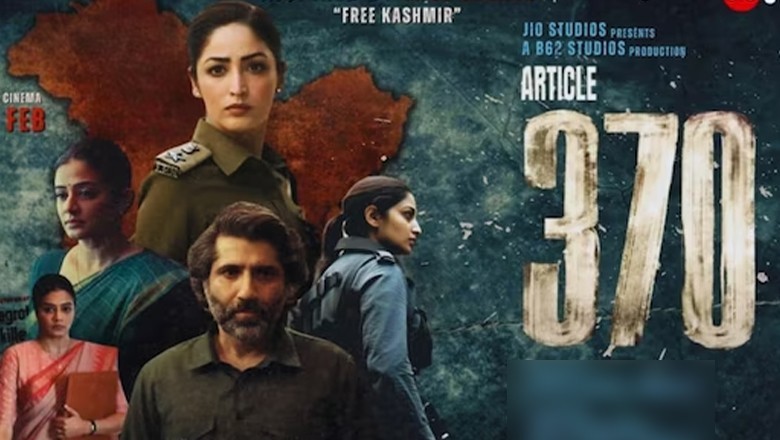
Web Desk
|
27 Feb 2024
A series of recent Bollywood films have promoted anti-Muslim and anti-Pakistani sentiment. A recent one titled "Article 370," based on the revocation of Jammu and Kashmir's special status, has been banned by Gulf countries.
Earlier, the Deepika Padukone and Hrithik Roshan starrer “Fighter” was also banned in the Gulf countries except for the UAE.
Despite the box office success of "Article 370" in India and internationally, its ban in Gulf countries where Bollywood is a major source of entertainment with a strong fan base for Hindi movies made this ban surprising.
Yami Gautam plays an intelligence officer in the film who is grappling with a personal loss; she is given a “free hand” in Kashmir to lead a crucial mission against terrorism and corruption.
The movie's trailer portrayed India's jingoistic rhetoric and territorial claims over Kashmir. The YouTube description for the trailer reads, "Poora ka Poora Kashmir, Bharat Desh ka hissa tha, hai aur rahega! [The whole of Kashmir was, is, and will always be a part of India!]"
Although the movie claims to depict the "human experience" in India following the abrogation of Article 370, it falls short of that goal. As the trailer shows, it relies heavily on action sequences against Kashmiri jihadists to evoke nationalistic pride rather than delving into the consequences of the event on Kashmiri lives.
In the wake of the Article 370 abrogation, Indian authorities suppressed dissent by detaining Kashmiri leaders and restricting protests in the occupied region.
"Article 370” producer Aditya Dhar directed Vicky Kaushal and Yami Gautam starrer Uri: The Surgical Strike in 2019.
The BJP government revoked Article 370, which granted special autonomy to the state of Jammu and Kashmir, in August 2019. This autonomy included its own constitution, flag, and the power to make laws on certain matters. The revocation also involved dividing the state into two union territories, Jammu and Kashmir, and Ladakh.
Prior to the revocation, Jammu and Kashmir had unique powers regarding permanent residency, property ownership, and some fundamental rights. It could also restrict outsiders from buying property or settling there.


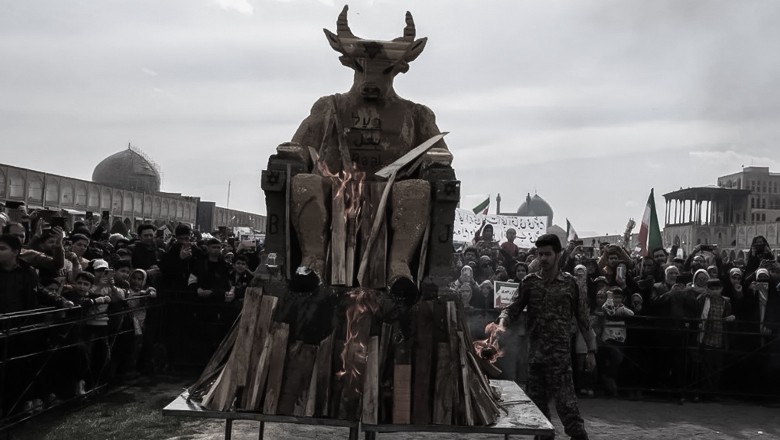
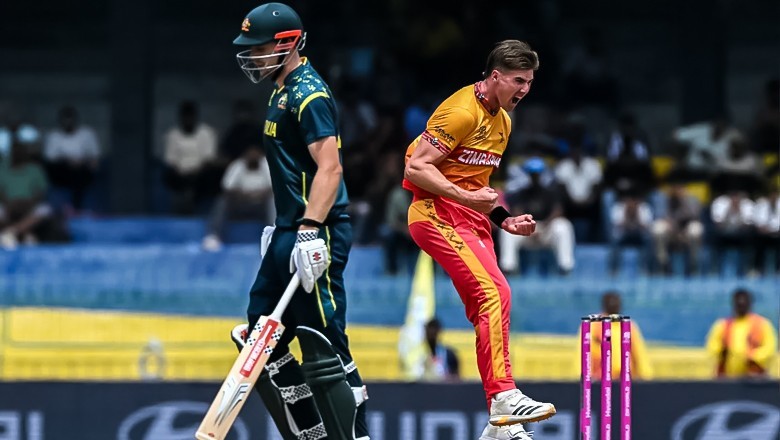

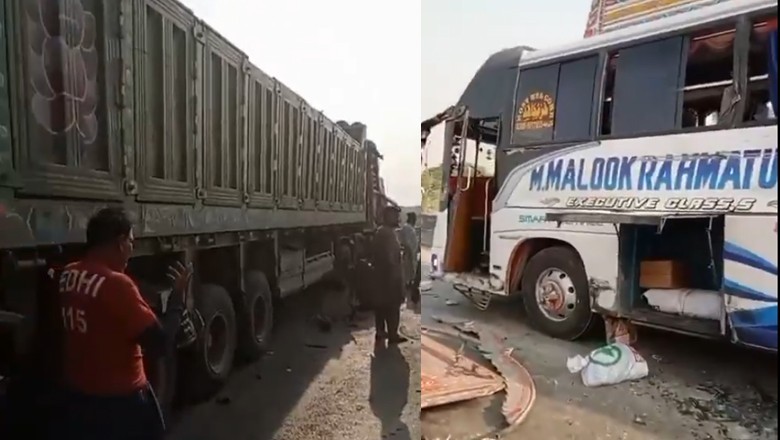
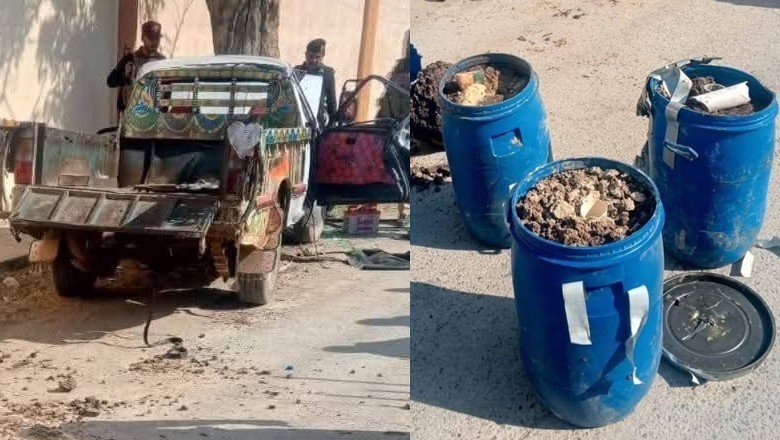

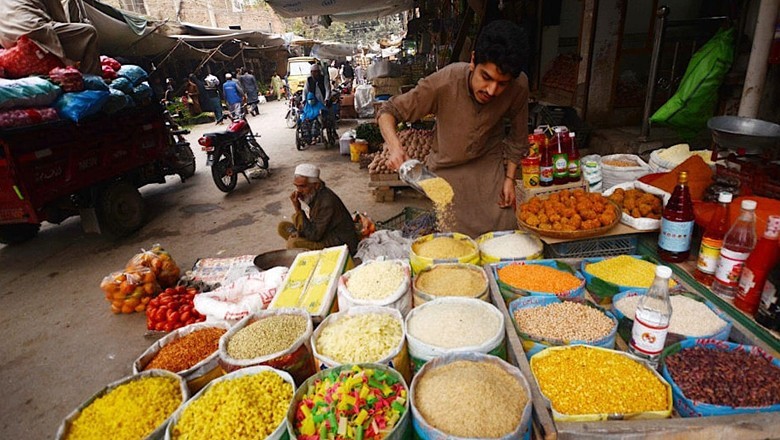
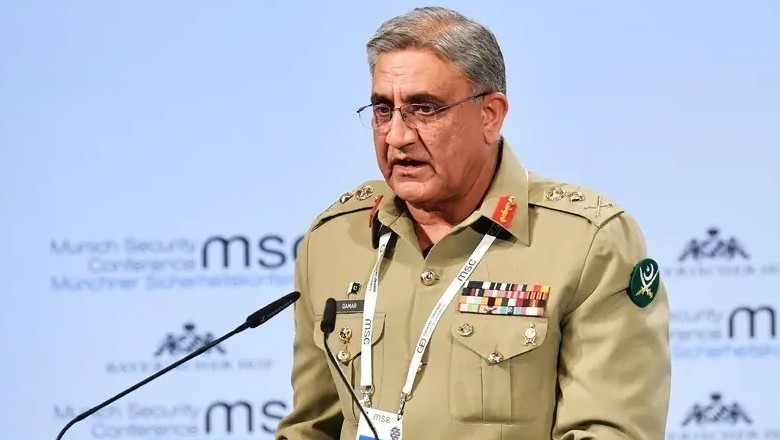

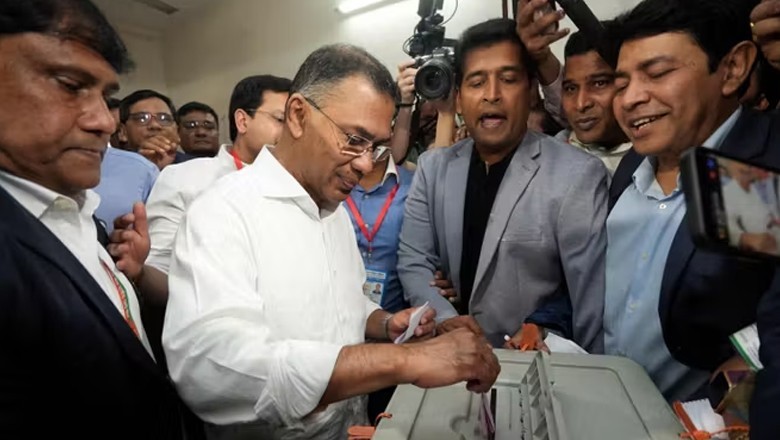
Comments
0 comment